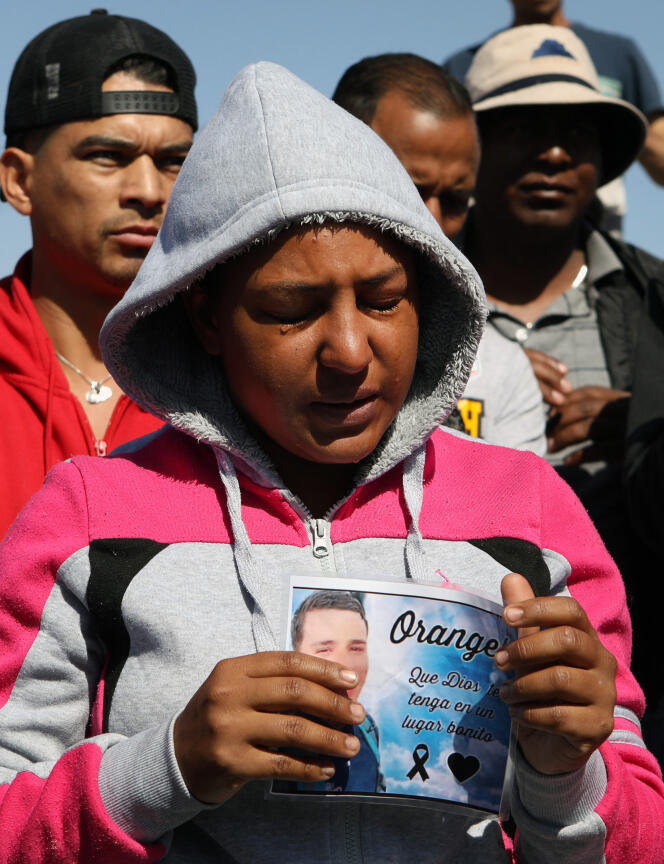


The atmosphere was stifling in the migrant detention center in Ciudad Juarez, Mexico, on the evening of March 27, 2023. Worried about a possible deportation and stung by xenophobic comments from the guards, detainees piled up bunks and then set them on fire. As the flames and smoke spread through the building, which had no fire extinguishers, the officers abandoned the migrants in their locked cells, unmoved by the cries of a young Venezuelan begging them not to let them die there. "Good luck, guys," one of them quipped as he left. The tragedy gripped Mexican society with horror: 40 men died and 27 suffered serious burns or carbon monoxide poisoning.
A year later, NGOs revealed the "inhumane" conditions in this detention center, where water and food were in short supply and unruly detainees were dragged into a "punishment room" to be beaten or electroshocked. Similar rooms exist in at least two other detention centers in Mexico, according to an investigation by the National Human Rights Commission, which concluded that these places are "worse than prisons." Yet migrating without papers is not considered a crime in Mexico.
The fire highlighted the human rights violations that migrants have suffered over the past decade or so in Mexico and that have been continued under President Andres Manuel Lopez Obrador (often referred to as AMLO), who has been in power since 2018. "Mexico implements a migration policy that kills," argued Ana Lorena Delgadillo, the director of the Fundación para la Justicia (Foundation for Justice). According to this activist, the Ciudad Juarez tragedy "is not an isolated case," but rather the result of a strategy that "treats migrants like delinquents" and exposes them to abuses by the authorities or criminal groups.
During their passage through Mexico, migrants suffer extortion, rape, kidnapping, disappearance and murder. Since 2010, five migrant massacres have been documented. "All this continues thanks to impunity; there are almost never any investigations," lamented Delgadillo.
Located in the northern Mexican state of Chihuahua, Ciudad Juarez is adjacent to El Paso, Texas. Like other cities along the 3,000-kilometer border between Mexico and the US, Ciudad Juarez has become a waiting room for migrants and asylum seekers wishing to cross to the other side. Since the end of the Covid-19 pandemic, the demographics of the migrants who cross through Mexico have diversified: young people from Honduras, Guatemala and El Salvador have been joined by hundreds of thousands of citizens from Haiti, Cuba, Nicaragua, Venezuela and other South American countries.
You have 55.25% of this article left to read. The rest is for subscribers only.
